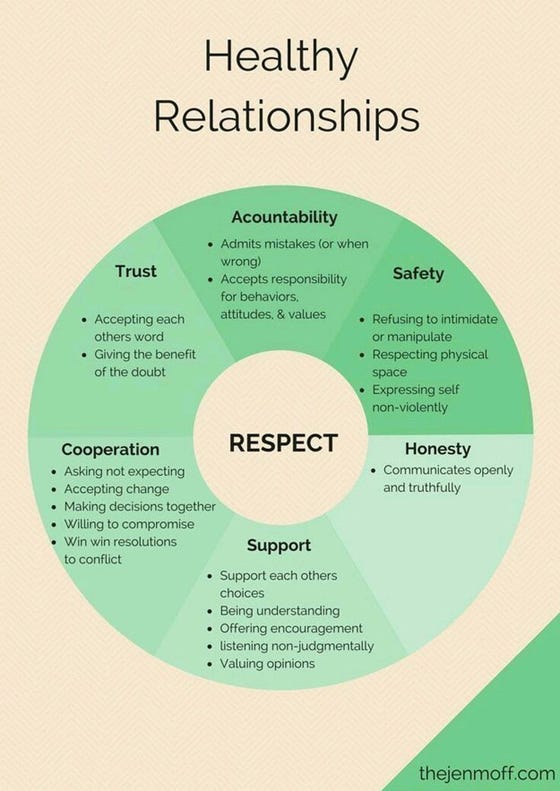Helping a Loved One Through Addiction: The Honest, Raw, and Slightly Dark Side of Tough Love
We all know addiction is no walk in the park, unless that park is filled with landmines and you're blindfolded. It's a complex beast that can tear families apart, and when it comes to helping a loved one struggling with addiction, it's like trying to knit a sweater while the cat's still playing with the wool – a delicate and often frustrating endeavor.
First things first: boundaries. Ah, boundaries – those magical lines in the sand that are as hard to maintain as a diet in a donut shop. But here's the thing – when it comes to addiction, setting boundaries isn't just necessary; it's life-saving. It's like giving a map to someone lost in the forest of addiction; it doesn't pluck them out, but it sure points them in the right direction.
So, how do you set these boundaries without feeling like you're the villain in a melodramatic soap opera? Here's the lowdown:
1. Get Educated – Not Just Street Smart, But Book Smart
Understand what addiction is and isn't. It's not a lack of willpower; it's a chronic disease. It's like diabetes – you wouldn't tell someone to just "get over" their insulin resistance, would you? By understanding the beast, you can better prepare for the battle.
2. Speak Up – But Don't Yell
Communication is key, and I'm not talking about shouting matches that could put reality TV to shame. Sit down and have an honest, calm conversation about your concerns. It's about as comfortable as wearing underwear made of sandpaper, but it's necessary.
3. Draw The Line – And Maybe Use a Sharpie
Make it clear what behaviors you won't tolerate. This isn't a game of hopscotch where lines can be blurred. Whether it's not giving them money or refusing to cover for their mistakes, make sure your loved one knows the consequences. It's tough love, not a free-for-all buffet.
4. Take Care of Numero Uno – That's You, By the Way
You can't pour from an empty cup, and you definitely can't help someone else if you're falling apart faster than a cheap umbrella in a storm. Self-care isn't selfish; it's survival. Therapy, support groups, or simply taking time for yourself are all on the table. No guilt trips allowed here.
5. Stick To Your Guns – But Don't Bring Actual Guns
Once you've set those boundaries, stick to them like they're the last lifeboat on the Titanic. It's going to be as tempting as sneaking a midnight snack to give in "just this once," but remember, consistency is key. They might be as mad as a wet hen, but they'll thank you later (hopefully).
6. Love Them – But Don't Enable Them
There's a fine line between supporting and enabling. It's like feeding a gremlin after midnight; it might seem like a good idea at the time, but we all know how that ends. Love them fiercely, but don't foster the addiction. It's a dance as intricate as ballet, and you're probably going to step on some toes.
So, there you have it – the dark humor-dusted truth about helping a loved one with addiction. It's not all sunshine and rainbows; sometimes, it's more like a thunderstorm with a chance of hail. But with love, boundaries, and a little bit of that tough love, there's a light at the end of the tunnel. And no, it's not an oncoming train – it's hope, and it's worth every difficult step.








No comments:
Post a Comment